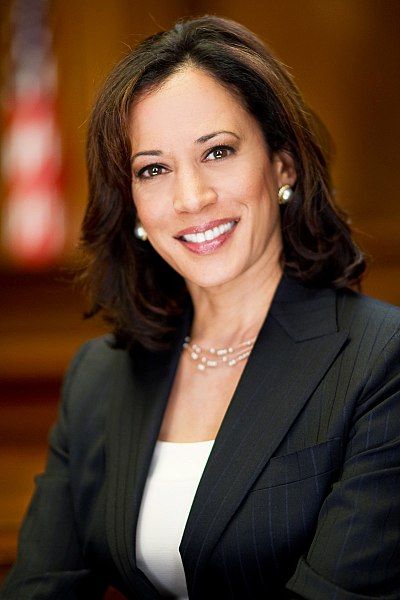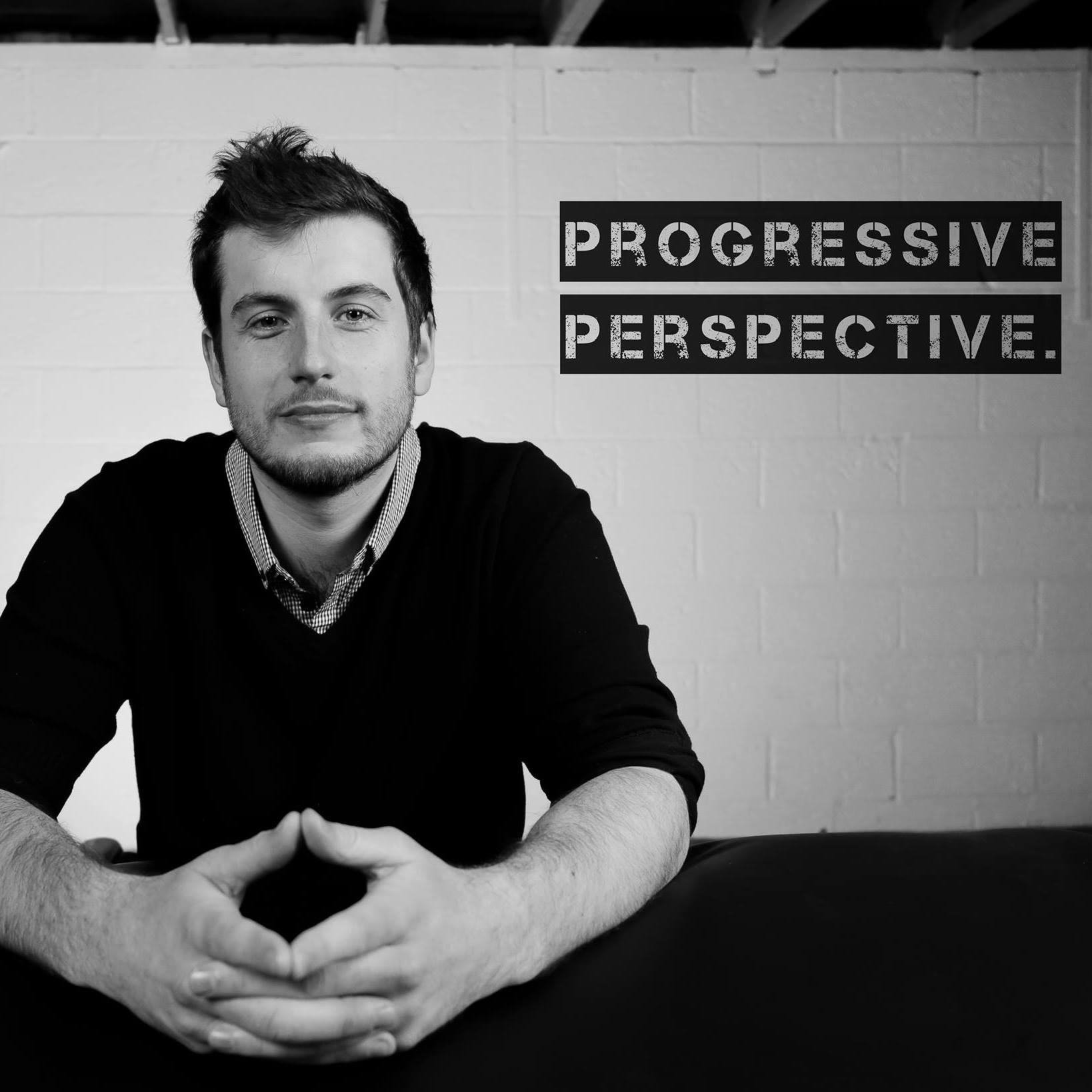Kamala Harris Announces Her Run for President in 2020
On MLK Day, Sen. Kamala Harris, a Democrat of California, did what many expected her to do, and announced she was running for president in 2020. Let’s take a portrait look at the senator, her record, and how she’ll affect the race for the White House.

On MLK Day, Sen. Kamala Harris, a Democrat of California, did what many expected her to do, and announced she was running for president in 2020. Let’s take a portrait look at the senator, her record, and how she’ll affect the race for the White House.
Sen. Harris is a 54 year old Californian. The daughter of a Jamaican father and an Indian mother, and a graduate of the historic Howard College, well known for its strong African American roots. Her background and personal story connect well with the modern and evolving Democratic Party, which at an ever accelerating rate is seeking to embrace and advance people of colour, women, and other minorities. A desperately needed effort in America.
Indeed, announcing her run on MLK Day and invoking Shirley Chisholm in her speech, she sought to embude her campaign with that energy, and if she truly believes in acting on the fierce urgency of now, it’ll be wonderful to see.

Identity is important. Having someone who looks like you, knows what you know, has been through what you’ve been through, can be extremely empowering. When it’s done right, it can help lift a generation of people in minorities and oppressed classes onto the path of their enfranchisement. When it’s done poorly, as with Trump, it can embolden a deep sense of superiority and hatred. So, a leader’s background and their rhetoric on who we are can certainly matter.
However, the modern Democratic Party at large and much of the punditry in this era are disingenuous in how they use identity. And it’s important to be aware of that because you’re going to hear a lot of vicious criticism in the press on these grounds. Not that these tactics are fully employed by Sen. Harris, but you’ll see the media and party old dawgs use them in at least discussion of her and of all the candidates. So let’s take a look at them.
This establishment is fixated on keeping progressive and anti-capitalist policies out of the mainstream of discussion. So if you have legitimate, policy focussed, substantive criticism of a corporate, or center-right candidate from a minority in the party, then certainly not always, but often the media/party members will try and mute that criticism, by labelling you as bigoted against their background. Often that criticism can be brutal.
The flip side is that they might say that just because a candidate hails from a certain background, that their plans are best for the people of that background. Again, whilst identity can be extremely positive and important, what’s also extremely and often more important is actual policy.
Take Hillary Clinton in 2016. Sec. Clinton defined her career as fighting for women’s rights and helping them. Indeed, her profile as a powerful female leader helped shatter a lot of glass ceilings and inspire women, and that matters a tremendous amount. And earlier in her career she did do some good work as part of women and children’s groups. But by the objective analysis of experts, her policies in that election - and over the vast majority of her career - were far worse for women than that of her chief opponent Bernie Sanders in 2016, and of progressives over the years. And for some women in America and around the world, her policies were outright disastrous.
A tall claim, so let’s take a look at the ideas that were debated in that election: Medicare for All, i.e. the formation of a taxpayer funded healthcare system for America like our British NHS; tuition free university, paid for by a tax on the super rich of Wall Street; an end to these outrageous, disastrous American wars in the Middle East and elsewhere, and an end to US imperialism; raising the minimum wage to a living wage of $15 an hour; ending the drug war and decriminalising marijuana; massive criminal justice reform.
All of these policies benefit women more than men, and more so again for minority women, non-binary, single mothers, poor women, etc. Particularly of mention is how the horrors of war and its aftermath are often magnified for women, in unspeakable ways.
These are policy solutions to problems that are desperately sought after by hundreds of millions of Americans, including hundreds of millions of women. Hillary Clinton was against them all, offering (though I’m sure good intentioned) half measures on some at best, and some she vehemently opposed. So identity can be extremely important, but you have to also include in your analysis of a leader their ideas & their past efforts, how they interact with the powers that be, and how or if they plan to seriously change things.
With that then, let’s take a look at Sen. Harris’ policy and her record. She is certainly very intelligent and hardworking, and her campaign so far has been professional, polished. Too polished though I think, with Clinton-esque vague platitudes for the most, and underwhelming specific policies elsewhere. She’s said since announcing that she’s for some bold progressive initiatives, but hasn’t delivered the specifics to convince us - as said, the specifics she has mentioned have been underwhelming.
Compound that with the fact that her campaign team is chocked full of Hillary Clinton staffers who will be telling her not to go near those policies if she actually wins, and the media talking about her as the centrists’ favourite, we’re skeptical. Let’s take a look at her record and current profile to find out more.
Sen. Harris has been in Congress for a brief time - she won her first term as a senator in 2016, and so like Obama, she seeks the presidency after just two years in the senate. In this time she has indeed had a good stance on some issues: claiming support for Medicare for All, some progressive tax reform, raise in the federal minimum wage, support for green energy etc are all positive, and we in the progressive movement welcome every vote in support of those ideas.
But those are the defacto positions of the voters and the energy of the party. You can’t earn much trust for someone who claims they’re for those things, now that there is political cover for them, but hasn’t done much to fight for them in office. There have been few specifics on those policies, and her recent wavering on her medicare for all stance when hit with corporatist criticism is concerning.
Politicians back away from their promises once elected all the time, so when it’s easy to support something that used to be controversial, you have to do more than just talk the talk. But still certainly a positive step, and we’ll see if she has a true hunger to push those ideas forward over the campaign.
In her campaign speech she also announced plans for a monthly tax credit for as much as $500 dollars for families earning less than $100,000 a year, an intention to reduce maternal mortality rates, particularly amongst black women, and bail overhauls to reduce the federal prison population. Again, steps in the right direction, but hardly the bold and urgent change that is so needed in the US right now. Indeed she’s well known as generally a centrist, with a foot in the progressive camp - at least that’s how party elites and pundits see it. My analysis from hearing from the base of the party itself is that she certainly hasn’t earned her progressive credentials yet.
Time on the Beat
The bulk of her experience and record comes from her years as a prosecutor. First as the District Attorney for San Francisco, then as the Attorney General of all of California. And whilst she has some very positive achievements in that record, overall her legacy is far from progressive.
Let’s start with the good stuff.
During her tenure as DA of San Francisco, Ms. Harris started a successful program to offer first-time offenders of nonviolent crimes the opportunity to have their charges dismissed, if they completed an in depth vocational training program. She also refused to seek the death penalty in a case involving the murder of a police officer. As attorney general of California, she introduced mandatory bias training, and was commended for her work in seeing to the processing of a massive backlog in the testing of rape kits.
The negative list however is a lot longer. Throughout her tenure, progressives encouraged her heavily to implement meaningful criminal justice reforms, at both the DA and SA level. She refused or didn’t speak out on the issues. Worse still was her history of doggedly fighting to uphold wrongful convictions whereby sever official misconduct or error lead to false imprisonment.
In 2014, when California voters were approving Proposition 47, a ballot measure that would reduce certain low-level felonies to misdemeanors, Ms. Harris refused to take a position on the idea. She then laughed later that year when a reporter asked her on whether she would support the legalisation of marijuana for recreational purposes. Only last year, in 2018, when public consensus on the issue of legalising marijuana in America has been well past settled, did now Sen. Harris become in favour of the policy.
A classic and worrying procedure of a lot of centrist Dems supporting a position only after strong willed, determined and people-focused activists led the way on the issue. Often acting like they’ve been a cheerleader for it all along, they will try and say they can be certainly trusted to support similar ideas in the future.
During her time as a prosecutor, she she was a strong supporter of state legislation which would prosecute parents of children who were frequently truant from school. This was despite strong concerns of the law’s highly regressive nature: that it would disproportionately affect low-income families of colour. Indeed, if you’re poor, if the system has oppressed you, then through no fault of your own simple things like going to school are often far, far harder.
Further, Ms. Harris fought against the overturn of a death penalty sentence in 2014 when a judge in Orange County overturned the penalty as unconstitutional. Ms. Harris appealed the decision. Her public statement very strangely tried to argue that the decision by the judge “undermines important protections that our courts provide to defendants.” Defendants. The ones being executed are losing protections by the overturning of a death penalty sentence?
Now she claims in her campaign she has always been firmly against the death penalty. That’s a lie.
In two cases, the conviction of Johnny Baca for murder in which prosecutors gave false evidence, and the death row inmate Kevin Cooper who sought modern DNA testing to exonerate him, Ms. Harris fought to uphold the convictions. Only relenting when the national press got involved and shamed her office into changing her position.
2015 saw Ms. Harris oppose a law that would require the prosecutor’s office to investigate shootings involving police officers. She further refused to back state initiatives regulating the use of body cameras for cops. Many progressive and liberal reformists were rightly angry at her for this no-brainer piece of legislation. Phelicia Jones, activist and years long support of Ms. Harris, indeed asked, “How many more people need to die before she steps in?”
A terrible case involved a corrupt police lab technician who was accused of stealing drugs from the lab and “intentionally sabotaging” her work there. Forensic evidence is of course critical in many criminal cases, often very serious ones, so to have a member of that investigative chain tamper with evidence is often immediate grounds for dismissal of the case. When a memo revealed that Ms. Harris’ team knew about the impropriaties of the lab technician and indeed conviction, but did not alert the appropriate defense lawyers, a judge condemned Ms. Harris conduct and indifference to the outright and and systemic violation of the rights of those defendants.
Ms. Harris went on to protest that the judge in question had a conflict of interest in the case. She lost that fight, and over 600 cases handled by that technician were overturned.
During her time as state attorney general, she refused to prosecute Steve Mnuchin’s bank OneWest, after it committed foreclosure violations in 2013. He later donated $2,000 dollars to the now senator’s 2016 campaign fund. The only Democrat Mr Mnuchin gave to. He also now happens to be Donald Trump’s Treasury Secretary. That would be one less swamp monster in a position of power if state attorney general had prosecuted him.
One of Ms. Harris’ most serious mishandlings was with the case of George Gage. Back in 1999 he was an electrician with no criminal record. He was charged with abusing his stepdaughter, who reported the allegations. The daughter’s testimony was crucial to the outcome of the case, and it saw Mr Gage’s conviction. Afterward however, the judge found out that prosecutors had held back potentially exonerating evidence that included medical reports which indicated the stepdaughter had repeatedly not been honest with law enforcement. She even was described by her mother as “a pathological liar” who “lives her lies”.
Finally, in 2015, when Mr Gage’s case reached the US Court of Appeals for the Ninth Circuit in San Francisco, Ms. Harris’ prosecutors tried to uphold the conviction. They did so in a most dishonourable way. Mr Gage, previously an electrician, was forced to act as his own lawyer during his trial. During this, he did not properly raise the legal issue of the withheld evidence, as the protocol of the law stated. Because of this, Ms. Harris’ office argued that his conviction should not be overturned.
Even in review of this, the appellate judges overseeing the case it to mediation, which was a clear sign to Ms. Harris to dismiss the case. She refused. The court then upheld the conviction, and Mr Gage is still in prison, serving a 70-year sentence.
There are other cases in Sen. Harris’ prosecutorial history, too. Further, she has rightly come under heat during her time as a senator for refusing to stop the rampant abuse of prisoners in prison labour programs, on the grounds that it would hurt the labour efforts of the companies using the prisoners. She also had to answer questions in her first press briefing yesterdayxxx after announcing, as to why her office denied transgender prisoners medical treatment to help them transition.
There are more extremely worrying cases in the senator’s prosecutorial history, and for an excellent review of the those cases, including ones I’ve covered above, I suggest this opinion piece by law professor Lara Bazelon, in the New York Times.
Sen. Harris’ run for the presidency has been excitedly talked about by the mainstream media pretty much as soon as she got into her current office. This is one of the most important things to know about her and her candidacy. Everyone knew it was coming therefor when she announced on Monday. But why is the Establishment so onboard with her running? The answer is that she is a centrist who can sometimes talk some progressive talk.
An intelligent and approachable politician with an important background, they think she can appease and win over enough progressives whilst obviously staying true to the ‘smart politics’ or corporate centrism. That’s why they have pushed her all along - because they see her as a ‘pragmatic moderate’ (a complete oxymoron) who has enough ‘progressive’ credentials to unify enough of the left wing of her party. This is also their thinking of course for several other Establishment favourites. Biden, Castro, Beto, for example.
But progressives and Americans do not want that. They desperately need someone who is going to bring bold, radical change. If Sen. Harris embraces that, truly picks up that mantle, then that will be fantastic.
Nevertheless, with her intelligence, approchability, and corporate and media support, I have her as one of the top contenders for the race.
As yet, she leaves a lot to be desired, and has shown no sign of disappointing the faith the changeless Establishment have in her to deliver. If she is to make that leap forward, she’s going to have to separate radically from her past.
